International
More than 21,000 tharks have shaken the Cyclades Islands in the last three weeks
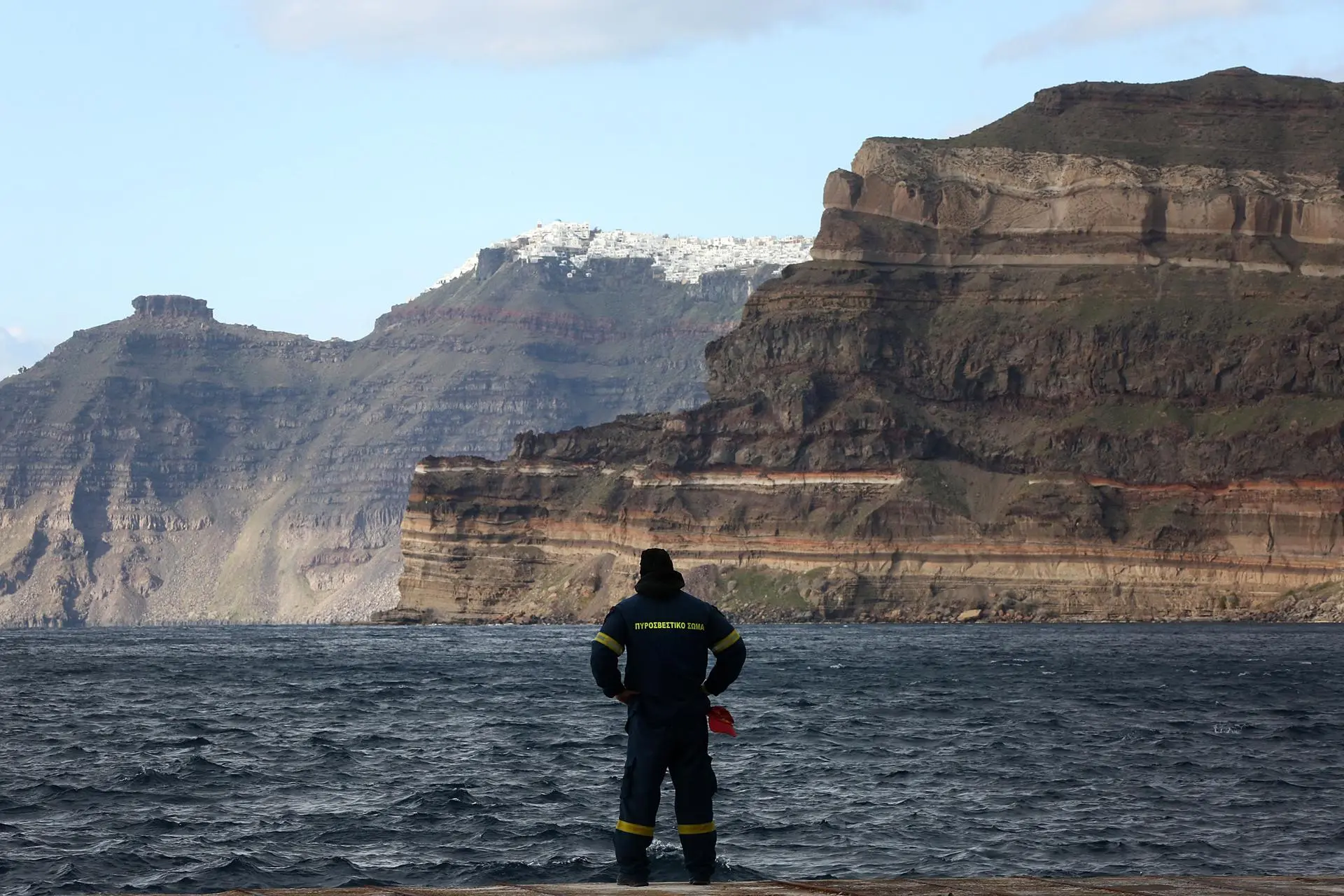
More than 21,500 quakes have shaken the Greek archipelago of the Cyclades in the last three weeks, an unprecedented wave in this volcanic area of the Aegean Sea that has caused the flight of thousands of visitors and residents of the tourist island of Santorini.
Between January 26, when the high seismic activity began, and this Monday, February 17, more than 21,500 earthquakes have been recorded in the maritime area between Santorini and the nearby island of Amorgos, according to a report just published by the Seismology Laboratory of the University of Athens (EKPA).
Of these tremors, about 18,600 were of a magnitude greater than 1, while last Monday alone there were more than 780 earthquakes.
Although dozens of earthquakes continue to shake the Cyclades daily, during the last few days “a consistently lower seismicity” has been observed than last week, both with regard to the strength of the tremors and their frequency, according to the report.
Last Tuesday, 95 earthquakes were recorded, of which three were of a magnitude greater than 4, while during the previous weeks dozens of tremors of this force occurred daily.
However, the thousands of people who left Santorini after the first trearms still do not decide to return to the island, where about 4,000 residents remain, less than a fifth of the fixed population of 25,000 people.
The phenomenon has caused concern among locals and the Government, also due to the negative impact it could have on the economy of the island, one of the most tourist destinations in Greece.
The Government has decided to create in cooperation with the Armed Forces “an escape port” in a safe place in Santorini, where passenger ships can dock in case of emergency.
Meanwhile, schools remain closed for the third consecutive week on this island and in those of Amorgos, Ios and Ánafe.
A committee of experts is examining the creation of restricted access locations throughout the Santorini volcanic caldera, reports the portal protothema.gr.
For its part, the Government has already announced that works will be carried out in certain points of Santorini to ensure the stability of the volcanic caldera, on the edge of which two of the most touristy towns on the island are built, which is visited by about three million tourists each year, most in summer.
The professor of Natural Disaster Management, Efthimis Lekkas, reiterated this Tuesday during a meeting with the head of Civil Protection on the island that the most likely scenario is that there will be “a progressive de-escalation of the phenomenon”, which could however last weeks, perhaps months.
However, the expert did not rule out the possibility of a magnitude 6 earthquake, or slightly larger, that could cause building collapses in the boiler, he said.
Regarding the two volcanoes that exist in the area (Nea Kameni in front of the Santorini caldera and Kolumbo further east), Lekkas stressed that no volcanic eruption is expected in the near future.
International
Colombia: Search continues for missing limb of italian scientist found dismembered
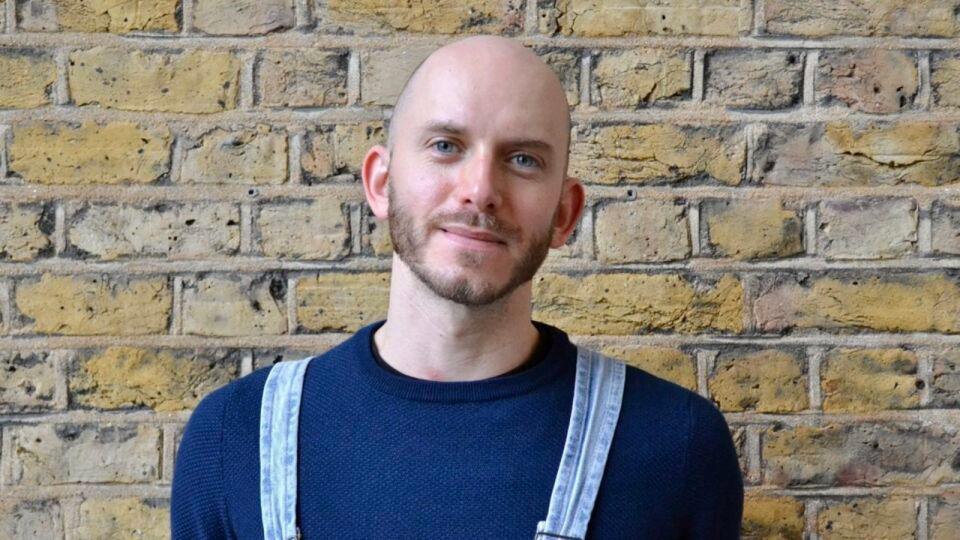
Rescue teams and Colombian authorities continued their search on Tuesday for the missing left leg of Italian biologist Alessandro Coatti, whose dismembered body was found in the Caribbean city of Santa Marta.
Coatti, 42, was a molecular biologist who had been traveling through South America after working for eight years at the Royal Society of Biology (RSB) in London.
He had been staying in a hotel in Santa Marta since April 3 and was later reported missing. His dismembered body began to be discovered on April 6, when parts were found inside a suitcase abandoned near a football stadium in an area known as Bureche.
“We’re conducting the search along the riverbanks and in the water to identify possible spots where, due to the river’s current, the missing left leg might be located,” Karlotz Omaña García, director of the Magdalena Civil Defense, told The Associated Press. Despite covering a 500-meter radius, the limb was not found.
Authorities have not named any suspects or shared possible motives. A reward of more than $11,000 has been offered for information leading to those responsible for the foreign scientist’s murder.
Police continue to reconstruct Coatti’s final movements. According to Colonel Jaime Ríos, head of the Santa Marta Metropolitan Police, the Italian biologist arrived in Colombia in January and had visited several locations, including Medellín, before traveling to Santa Marta.
Security footage shows Coatti was in downtown Santa Marta the night before his body was found, the colonel added.
Santa Marta, a popular Caribbean tourist destination, is known for its clear beaches. Police believe Coatti may also have visited Tayrona Park, a protected coastal area located about 34 kilometers (21 miles) from the city center.
International
MPV Denounces Electoral Blockade as Secretary-General is Disqualified for May Elections
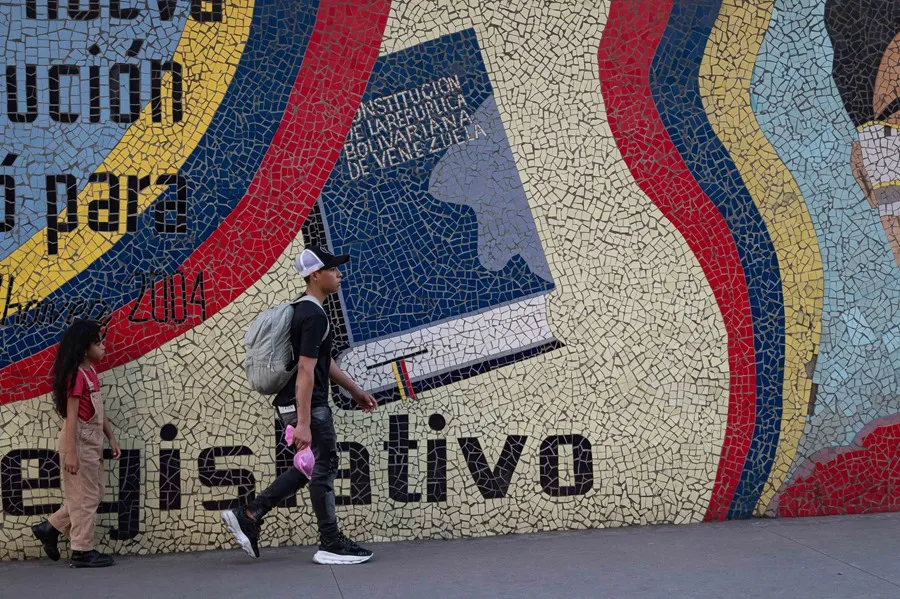
The anti-Chavista party Movement for Venezuela (MPV) denounced on Monday that it was “prevented” from submitting its candidates for the regional and legislative elections on May 25, elections rejected by opposition leaders Edmundo González Urrutia and María Corina Machado.
“MPV, being an active and recognized party in the National Electoral Council (CNE), was prevented from submitting candidates for the current electoral process,” stated the political group through a communiqué on X.
Additionally, the group denounced that its Secretary-General, Simón Calzadilla, was “suddenly disqualified,” as the opposition leader warned last Friday. He also explained that he attempted to access the CNE’s automated candidate submission system but, as he added, the portal showed that he was not authorized to create a user and submit the MPV candidates.
For the party, its “strong decision” to participate in the May elections “highlighted the true nature of this electoral process,” which it described as “extremely flawed.”
International
Maduro Plans Major Workers’ March on May 1st to Defend Venezuela’s Freedom
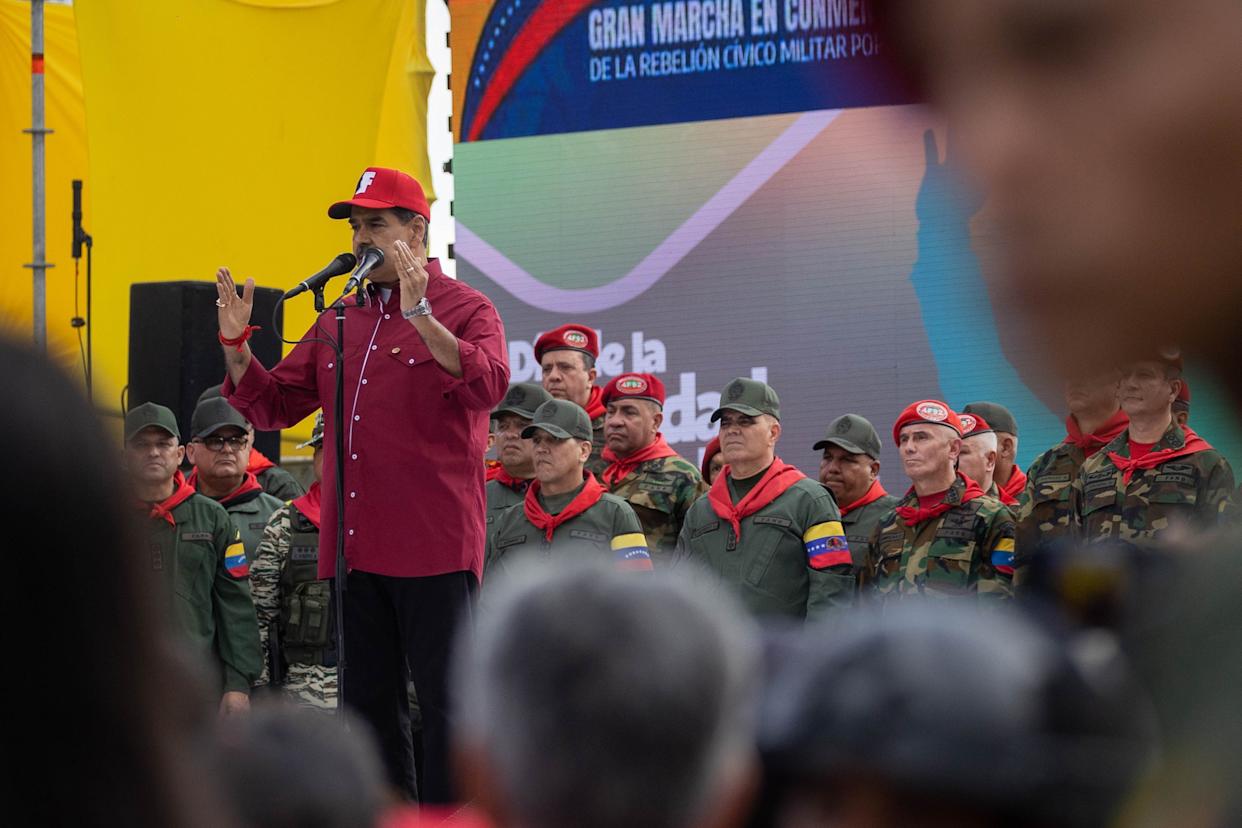
Nicolás Maduro, who swore in for a third term in January following his controversial re-election, called on Monday for the “working class” and the “armed people” to gather for a concentration on May 1st for peace, as part of the celebration of International Workers’ Day.
“Let’s have a powerful march of the working class, the combat bodies, and the Bolivarian National Militia in all the cities of the country, from end to end, working class and armed people in the streets shouting for peace,” said the chavista leader in a broadcast on the state channel Venezolana de Televisión (VTV), surrounded by military authorities.
He also stated that Venezuela is more armed than “ever” to “defend the sacred dream of a free homeland, the sacred soil of a heroic land, Venezuela.”
Maduro called on all military personnel to “stay in shape” with a “deployment capacity” and also to have “a very clear view of the entire national territory.”
-
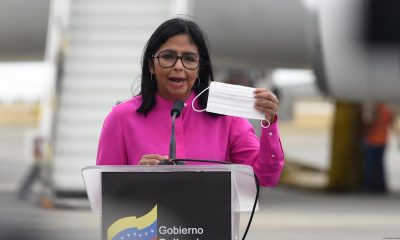
 International3 days ago
International3 days agoVenezuela accuses Guyana of “warlike intentions” after UK defense deal
-

 Central America4 days ago
Central America4 days agoSpanish Ex-Congresswoman Calls for ‘Bukele-Style’ Security Policies in Europe
-
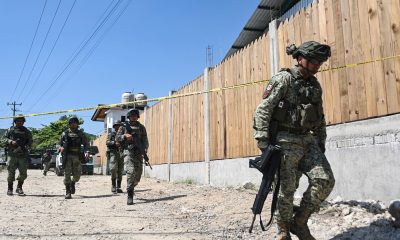
 International4 days ago
International4 days agoTrump Authorizes Military to Take Control of Federal Land Along U.S.-Mexico Border
-

 International3 days ago
International3 days agoNightclub Collapse in Dominican Republic Claims 226 Lives
-

 Central America2 days ago
Central America2 days agoHonduran Police Offer $135K for Tips Leading to the Arrest of Romeo Vásquez
-

 International2 days ago
International2 days agoMaduro Plans Major Workers’ March on May 1st to Defend Venezuela’s Freedom
-

 Central America18 hours ago
Central America18 hours agoPetro questions Ecuador’s vote, cites reports of military control and arrests
-

 International2 days ago
International2 days agoMPV Denounces Electoral Blockade as Secretary-General is Disqualified for May Elections
-

 International18 hours ago
International18 hours agoColombia: Search continues for missing limb of italian scientist found dismembered















